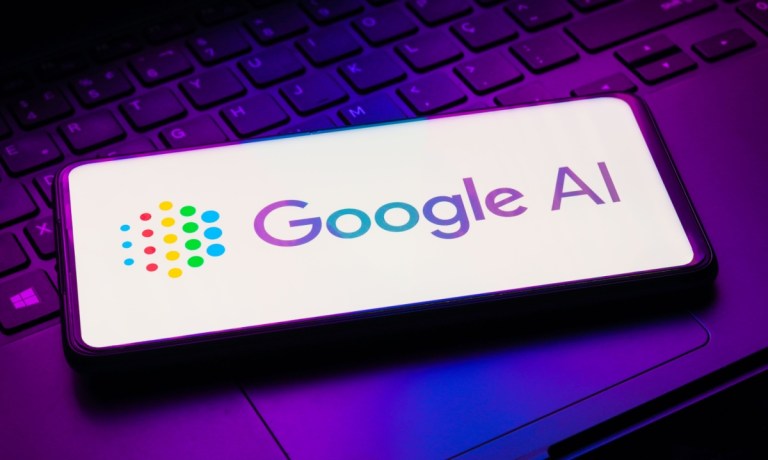All this work will now be done within Google DeepMind, Sundar Pichai, CEO of Google and Alphabet, said in a note to employees posted on the company’s website Thursday (April 18).
Pichai said in the note that this move will “scale our capacity to deliver capable AI for our users, partners and customers.”
It will simplify development by concentrating compute-intensive model building in one place, establish single access points for those looking to take these models and build generative AI applications, and give Google Research a “clear and distinct” mandate to invest in three key areas: computing systems, foundational machine learning and algorithms, and applied science and society, according to the note.
This move comes a year after the company created Google DeepMind by bringing together Google Brain, DeepMind and other researchers focused on AI systems, per the note. This group developed the company’s Gemini models.
The letter also announced changes to the way Google’s Responsible AI teams work.
Advertisement: Scroll to Continue
Those in Research have been moved to DeepMind, other responsibility teams have been moved to the central Trust and Safety team, and the company is increasing investment in testing AI-powered features for vulnerabilities, the note said.
“These changes continue the work we’ve done over the past year to simplify our structure and improve velocity and execution — such as bringing together the Brain team in Google Research with teams in DeepMind, which helped accelerate our Gemini models; unifying our ML infrastructure and ML developer teams to enable faster decisions, smarter compute allocation and a better customer experience; and bringing our Search teams under one leader,” Pichai said in the note.
It was reported Tuesday (April 16) that Google’s spending on AI will surpass $100 billion.
When asked at a conference about reports that Google rivals Microsoft and OpenAI plan to spend $100 billion on an AI supercomputer known as “Stargate,” DeepMind CEO Demis Hassabis said: “We don’t talk about our specific numbers, but I think we’re investing more than that over time.”

